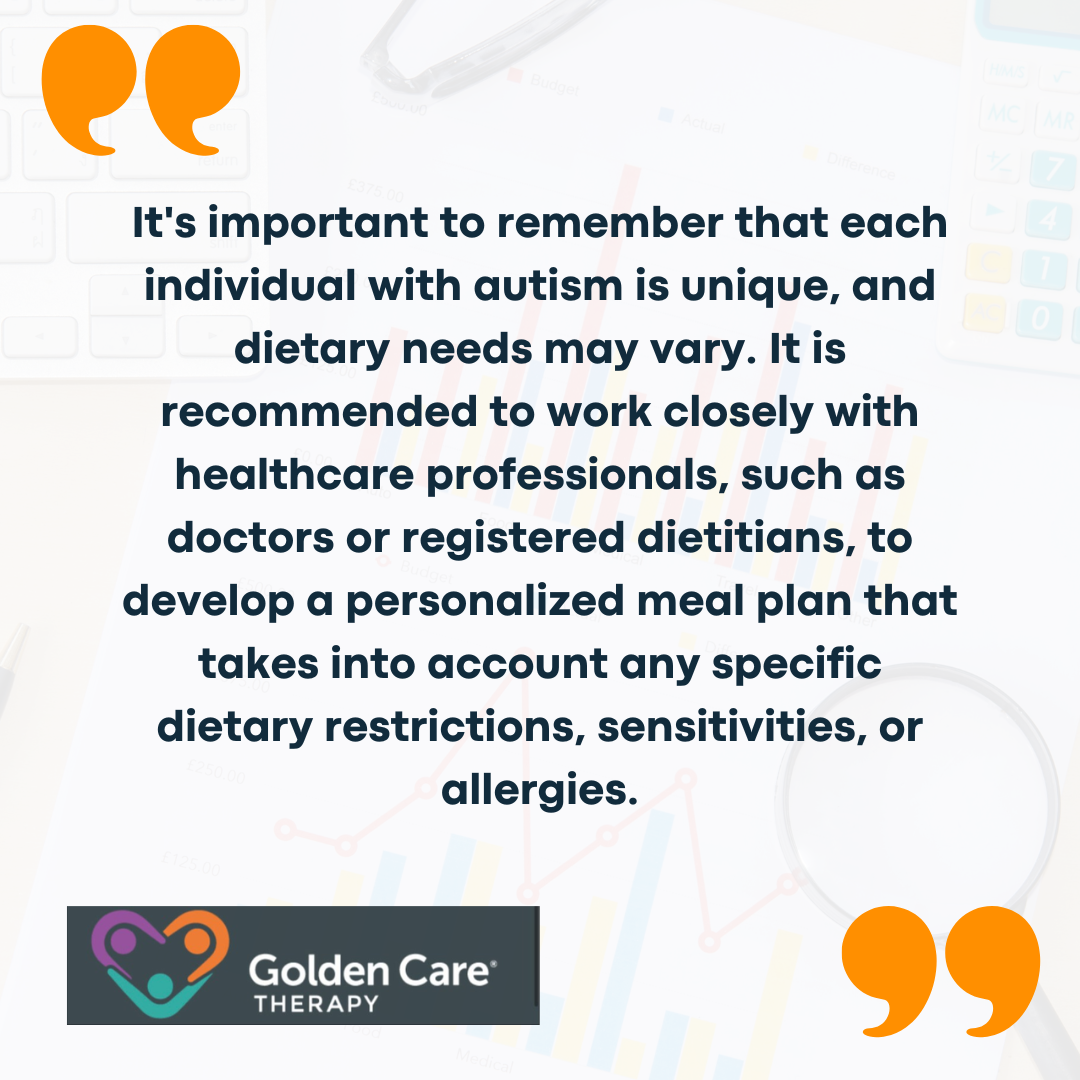There are many factors that come into play when we talk about autism. These include genetics, environment, and even diet. In recent years, there has been a significant rise in the prevalence of autism spectrum disorder (ASD), with rates increasing from 1 in 150 children diagnosed in 2000 to 1 in 36 children as of 2023, according to the Centers for Disease Control and Prevention (CDC).
The increasing rates of ASD have sparked numerous studies and investigations into its potential causes. While there is no singular known cause of autism, researchers have identified various genetic and environmental factors that may contribute to its development.
These factors include prenatal exposure to certain substances, genetic mutations, and alterations in brain development.
However, there are also talks about processed foods being one of the factors that can cause autism. But is there really a connection? Let’s find out.

The Possible Link to Processed Foods
One area of interest in the autism research field is the potential link between processed foods and the development of autism.
A study conducted by Dr. Selah Naser and colleagues at the University of Central Florida explored this connection. The study suggested a possible link between consuming processed foods during pregnancy, which contain Propionic Acid (PPA), and the subsequent development of autism in children.
Propionic Acid (PPA) is a naturally occurring substance found in some processed foods, including certain bread, cheese, and dairy products. When exposed to excessive amounts of PPA, neural stem cells were found to disrupt the natural balance between brain cells.
This disruption led to a reduction in the number of neurons and an increase in the number of glial cells, which play a supporting role in the central nervous system.
These findings indicate the potential impact of dietary choices during pregnancy on the development of autism. It suggests that pregnant women may want to reevaluate their diets and consider reducing their consumption of processed foods that contain excessive amounts of salt, sugar, and fat, which could include PPA.

The Impact of Processed Foods on Autism
Understanding the potential impact of processed foods on autism is essential for parents and caregivers. While the exact causes of autism spectrum disorder (ASD) are still being explored, there is evidence to suggest a connection between processed foods and certain aspects of autism.
Here, we’ll look at two specific areas of impact.

Behavioral Effects of Excess Sugar and Artificial Coloring
Excessive sugar consumption, often found in processed foods, can have a significant impact on a child’s behavior. According to a study, high sugar intake can lead to unstable blood insulin levels, weaken the immune system, and potentially even damage brain cells.
These effects can be particularly concerning for children on the autism spectrum.
Artificial coloring, such as Red No. 40, commonly found in processed foods, has been associated with negative behavioral effects in children. Eliminating artificial coloring by removing processed foods from the diet may help in managing a child’s behavior.
This approach can be beneficial for children with autism who may be sensitive to certain food additives.
Monosodium Glutamate (MSG) and Neurological Regulation
Monosodium glutamate (MSG), which is found in processed foods such as fast food, snack foods, seasonings, and frozen meals, is another potential concern for children with autism.
MSG is an excitotoxin, which means it can overstimulate brain cells and potentially damage neurons. This overstimulation may impact a child’s ability to regulate their behavior.
Consuming foods with MSG has been associated with negative behaviors in children, including tantrums, hyperactivity, and difficulties in maintaining focus. Minimizing or avoiding processed foods that contain MSG may help reduce these behaviors and support better neurological regulation in children with autism.

Managing Autism with a Minimally Processed Diet
Dietary choices play a significant role in improving overall well-being and minimizing potential behavioral challenges among autistic individuals. This means that opting for a minimally processed diet can have a positive impact on individuals with autism.
Here are some key strategies for managing autism with a minimally processed diet:
Opt for Fresh and Frozen Foods
Choosing fresh and frozen foods over processed options is a crucial step in promoting a healthier diet for individuals with autism. Fresh fruits and vegetables provide essential vitamins, minerals, and antioxidants that support overall health and well-being.
Additionally, these foods have a lower likelihood of containing harmful additives or artificial ingredients.
By incorporating a variety of fresh and frozen fruits and vegetables into the diet, parents and caregivers can provide the necessary nutrients to support brain function and overall development.
It is important to note that some individuals with autism may have specific food preferences or sensory sensitivities. In such cases, it’s important to work with a healthcare professional to ensure a balanced diet while accommodating individual needs.
Eliminate Artificial Coloring and MSG
Artificial coloring, such as Red No. 40, commonly found in processed foods, has been linked to behavioral issues in children. For individuals with autism, eliminating artificial coloring from the diet may help in managing behavior and reducing the occurrence of tantrums.
By removing processed foods that contain artificial coloring, parents and caregivers can provide a more natural and wholesome diet for their loved ones.
Monosodium glutamate (MSG), commonly found in fast food, snack foods, seasonings, and frozen meals, can potentially trigger negative behaviors in children, including tantrums, hyperactivity, and lack of focus. Avoiding processed foods that contain MSG can be beneficial in managing autism symptoms and promoting a more stable behavioral state.
Importance of Dietary Choices for Autism Management
The importance of dietary choices in managing autism can’t be overstated. While there is no one-size-fits-all approach, opting for a minimally processed diet can offer numerous benefits for individuals with autism.
By focusing on fresh and frozen foods, eliminating artificial coloring and MSG, parents and caregivers can create a dietary environment that supports overall health and well-being.

By making informed choices and prioritizing a minimally processed diet, parents and caregivers can contribute to an improved quality of life for individuals with autism.
Research continues to shed light on the neurological basis of sensory issues in autism, offering hope for more targeted and effective therapies in the future. By recognizing and addressing sensory processing difficulties, we can improve the quality of life for individuals with autism and their families. If you’re seeking specialized ABA therapy in New Jersey, Indiana, Georgia, and New York, Golden Care offers comprehensive services tailored to meet the unique needs of each individual. Contact us to learn more or book a consultation today.
Sources:
https://www.ucf.edu/pegasus/processing-risk-childhood-autism
https://www.medicalnewstoday.com/articles/325546
https://www.autismparentingmagazine.com/processed-food-culprit-behind-tantrums



